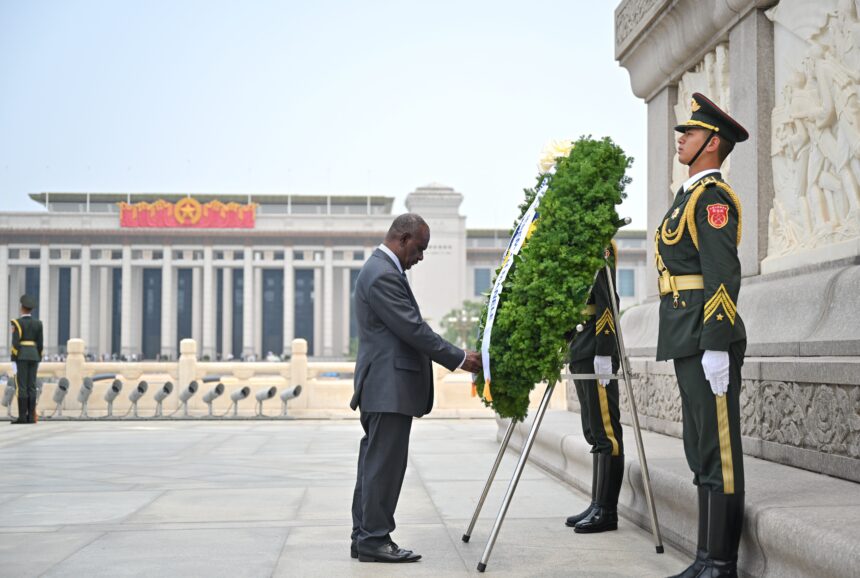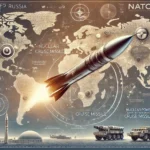Summary by Geopolist | Istanbul Center for Geopolitics
Dr. John Lee’s research from the Hudson Institute meticulously analyzes China’s strategic engagement with the Global South, focusing specifically on the Indo-Pacific region. It asserts that although major economies in Europe, North America, and Asia are growing increasingly wary of China’s global ambitions, other emerging nations are embracing China’s model. This trend stems from China’s ability to offer economic development strategies that prioritize regime stability and rapid growth over liberal economic principles and individual rights, making China an appealing ally for countries that feel marginalized by the U.S.-centric global order.
China’s Global South policy is shaped by historical narratives, notably Mao Zedong’s notion of a cohesive alliance of developing nations opposing Western imperialism. Under Xi Jinping, this strategy has evolved, utilizing economic, political, and ideological tools to alter global power dynamics. China claims its position as a leader of the Global South, offering an alternative to Western models of growth and governance. This entails depicting Western-led globalization as a failure for post-colonial nations and presenting China’s state-led model as a more effective and culturally appropriate method of modernization.
The Belt and Road Initiative (BRI) is essential to this strategy, serving as a channel for China’s economic influence. The Belt and Road Initiative extends beyond infrastructure development; it seeks to create a China-centric economic network that entraps nations in a cycle of reliance. China seeks to establish economic corridors via strategic investments that both commence and terminate in Chinese provinces, so situating itself at the center of global trade networks. This infrastructural network, coupled with standards and governance frameworks aligned with Chinese interests, undermines the ability of the U.S. and its allies to influence economic norms and laws in these nations.
Moreover, the study investigates how China utilizes its growing influence to alter the political and security structures of these nations. China promotes alternative governance frameworks that prioritize state sovereignty and regime security, often at the cost of individual freedoms. By advocating concepts like “cyber-sovereignty” and state-led growth, China appeals to authoritarian-leaning governments in the Global South, providing them with tools to maintain control while fostering economic advancement. This policy undermines the liberal democratic ideas promoted by Western nations, contributing to the decline of democratic governance in these regions.
The study emphasizes the necessity for the U.S. and its allies to curtail China’s growing influence in the Global South. It promotes a strategy framework that includes providing alternative economic and developmental assistance that respects the sovereignty and liberal values of these nations. This involves addressing the issues that make China’s model attractive, such as economic inequality and the perception of Western indifference. Moreover, it promotes a more cohesive effort to enhance governance structures that uphold human rights, economic liberalization, and the rule of law. By doing so, the U.S. and its allies can articulate a compelling counter-narrative to China’s state-centric economic model and aid in preserving a balanced global order.







